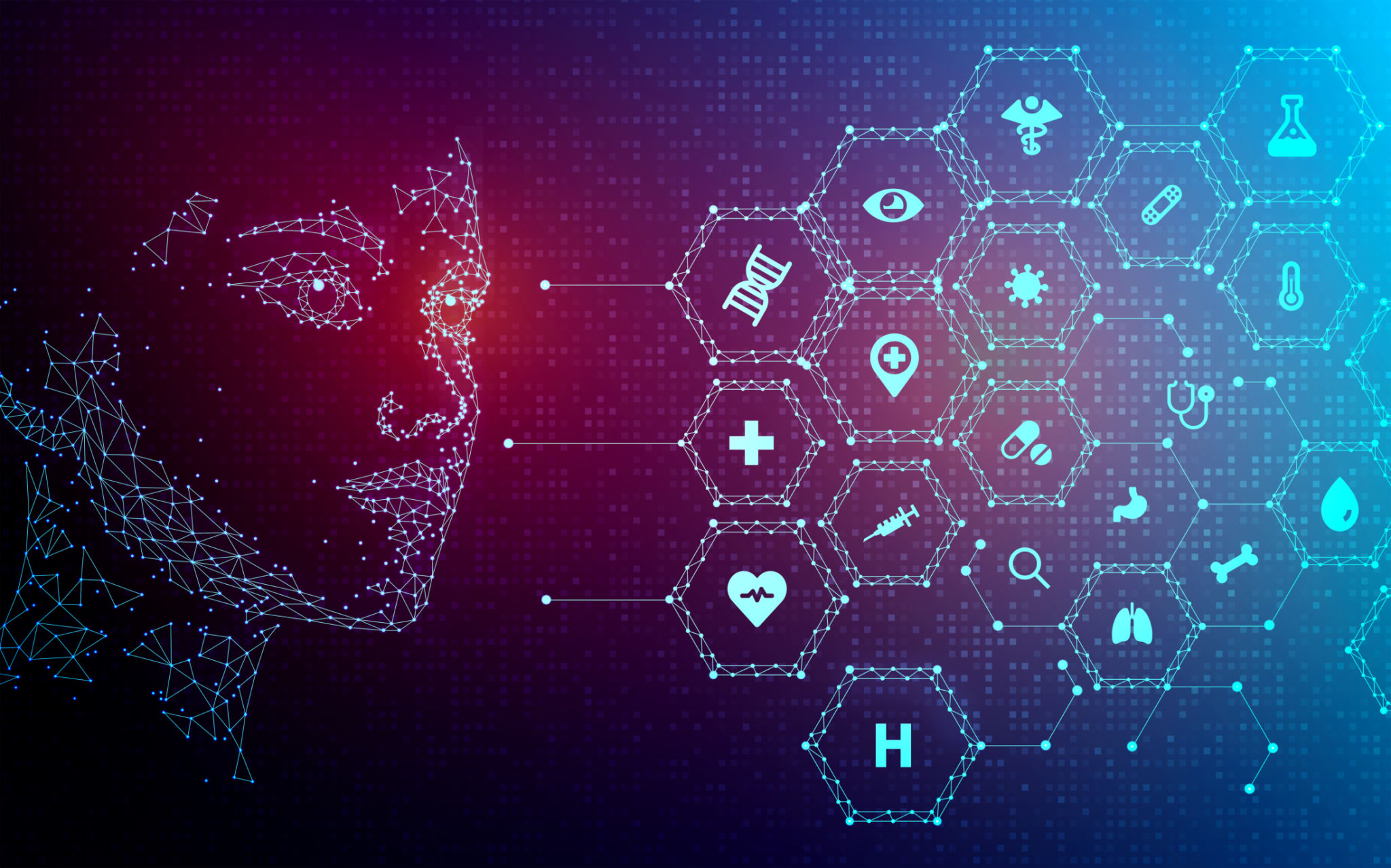Current AI Healthcare Trends Shaping Tech Startups
The Rise of AI in Healthcare
The integration of artificial intelligence in healthcare is creating a paradigm shift, transforming traditional practices and paving the way for innovative tech startups. With the ability to analyze vast amounts of data quickly and accurately, AI is becoming a critical tool in the healthcare industry. This transformation is not only improving patient outcomes but also streamlining operations and reducing costs.
AI's influence in healthcare is growing, and startups are capitalizing on this trend by developing new solutions that leverage AI's capabilities. From diagnostics to personalized medicine, AI is reshaping the landscape, offering numerous opportunities for innovation and growth.

AI-Powered Diagnostics
One of the most significant impacts of AI in healthcare is its application in diagnostics. AI algorithms can analyze medical images with remarkable accuracy, often outperforming human radiologists. This capability allows for faster and more accurate diagnoses, which is crucial in conditions where early detection is vital.
Startups are developing AI tools that can detect a range of diseases from cancer to neurological disorders. These tools not only enhance diagnostic accuracy but also ensure that patients receive timely and appropriate care. As a result, AI-powered diagnostics are gaining widespread acceptance in hospitals and clinics worldwide.
Case Studies in Diagnostics
- AI algorithms identifying early-stage cancers in mammograms.
- Neural networks used to detect diabetic retinopathy in eye scans.
- Machine learning models predicting cardiovascular diseases from routine check-up data.

Personalized Medicine and Treatment Plans
Another area where AI is making significant strides is personalized medicine. By analyzing a patient's genetic information and medical history, AI can help tailor treatment plans that are specific to the individual's needs. This approach not only enhances treatment efficacy but also minimizes potential side effects.
Tech startups are harnessing AI to develop platforms that offer personalized healthcare solutions. These platforms enable healthcare providers to offer more targeted therapies, which can lead to better patient outcomes and increased satisfaction.
Benefits of Personalized Medicine
- Improved treatment outcomes through tailored therapies.
- Reduction in trial-and-error prescriptions.
- Cost savings by avoiding ineffective treatments.

AI and Remote Monitoring
The demand for remote healthcare solutions has surged, particularly during the pandemic. AI-driven remote monitoring tools are emerging as vital resources for continuous patient care. These tools can track vital signs, detect anomalies, and alert healthcare providers in real-time, ensuring prompt intervention when necessary.
Startups are at the forefront of developing wearable devices and apps that leverage AI for remote health monitoring. These innovations provide patients with the flexibility to manage their health conditions from home while maintaining a direct line of communication with their healthcare team.
Key Technologies in Remote Monitoring
- Wearable sensors for tracking heart rate and blood pressure.
- AI-powered apps analyzing patient-reported symptoms and data.
- Telehealth platforms integrating AI for virtual consultations.
The integration of AI into healthcare continues to evolve, offering endless possibilities for tech startups. As these trends advance, the collaboration between AI technology and healthcare professionals will undoubtedly lead to a future where patient care is more efficient, effective, and personalized than ever before.